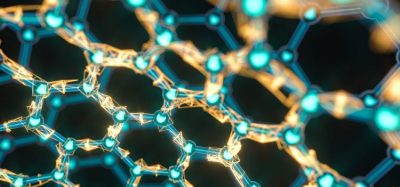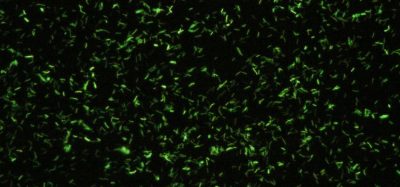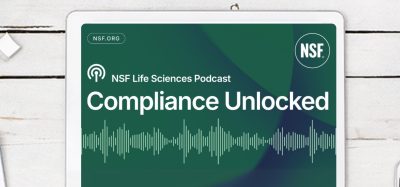GSK shingles vaccine achieves 100 percent efficacy in China trial
Posted: 24 August 2023 | Catherine Eckford (European Pharmaceutical Review) | No comments yet
In the first-ever efficacy trial of GSK’s Shingrix in China, no cases of shingles (herpes zoster) were reported after administration of the vaccine, new data shows.


GSK’s Shingrix (Recombinant Zoster Vaccine or RZV) vaccine has been shown to offer 100 percent efficacy against shingles in adults 50 years old and over in China.
The Phase IV trial (ZOSTER-076) is the first-ever efficacy trial of the shingles vaccine Shingrix in China. Almost 6,000 participants were enrolled in the trial, which was conducted between 2021 and 2023.
According to GSK, no cases of shingles were reported among the participants who received two doses of the RZV, compared to 31 cases in the placebo arm.
The results from the pharma company‘s study are in line with findings from the Phase III trials ZOE-50 and ZOE-70 investigating the efficacy and safety of RZV. Efficacy of the shingles vaccine was found to be up to 97 percent in adults over 50 years old, over an approximately follow-up period of four years.
Shingrix is a non-live, recombinant subunit vaccine. It combines the antigen glycoprotein E, with an adjuvant system, AS01B.
As research has estimated that there are approximately six million cases of shingles in China each year, this new data is a significant step in helping to prevent the condition.
Results from the Phase IV trial will be submitted for publication in a peer-reviewed scientific journal later in 2023.
In what regions is the shingles vaccine approved for use?
RZV was first licensed for use in China in 2019 to prevent herpes zoster in adults over 50 years old. The vaccine is available in the EU as a preventive treatment for shingles.
Towards the end of 2022, GSK announced that Shingrix was found to offer prevention against shingles for at least decade in adults over 50 years old. The data from a six-year follow-up study showed the vaccine was 97 percent efficient in protecting adults aged 50 years and over. Additionally, it was reported to be 91 percent efficent in adults over 70 years old and above over a four-year follow-up period.
Related topics
Antibodies, Big Pharma, Biopharmaceuticals, Clinical Development, Clinical Trials, Data Analysis, Drug Development, Drug Safety, Research & Development (R&D), Therapeutics, Vaccines, Viruses









